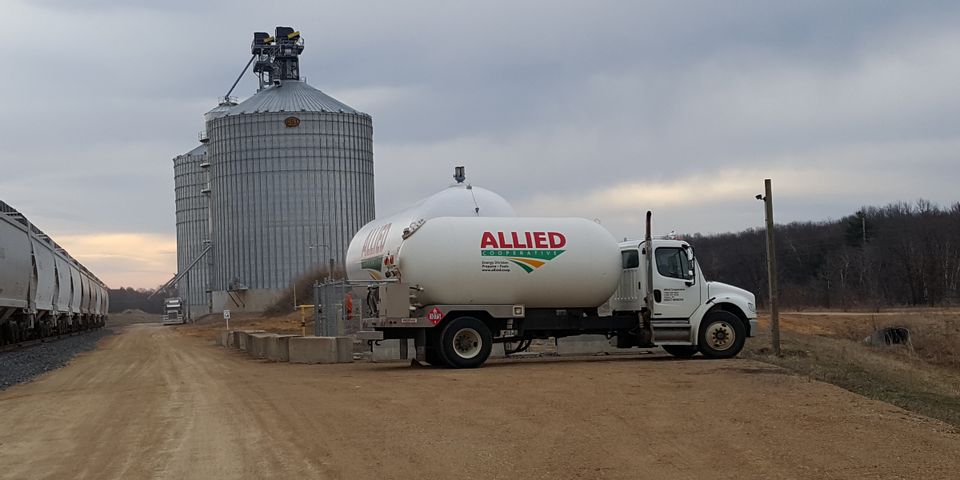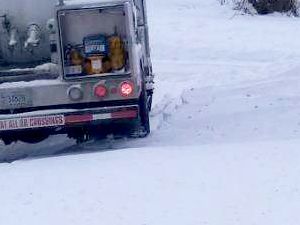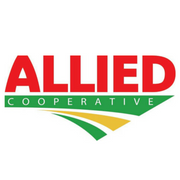A Guide On Winter Care for Home Propane Heating Systems

Propane heating systems provide ample heat for your home, and they also allow you to use your heating and cooking utilities on one gas line, saving you funds on having to use a forced-air system and gas stove. However, because of the coronavirus pandemic (COVID-19) and the encroaching winter, you'll most likely be indoors and using your gas more frequently. In order to make sure that you're not left without heat or end up with a broken propane heating system, consider the guide below.
Propane Use & Working From Home
The NOAA’s forecast for this winter indicates that temperatures could be colder than last year with more precipitation, and many farmers and homeowners are now working from home or doing virtual schooling due to the restrictions brought on by COVID-19. While you may have turned down the thermostat during the day to save energy and propane, your heating usage will most likely be up anywhere from 5–10%.
If you’ve changed your routine by spending more time at home or having family members visit over the holidays, check your tank to ensure that you do not run out of gas. The pressure gauge located under the lid on your propane tank will show you if your tank has between 20–30% of gas left in the reservoir. If your tank hits this percentage range, you should reach out to an agriculture supply outlet to refuel it.
Winter Care for Your Propane System

Carefully clear heavy snow and ice from the regulators, regulator vents, piping, tubing, and valves. Failure to do so can cause damage that could result in an oil or gas leak. Appliance vents, chimneys, and flues must also be kept clear of snow and ice so that your appliances can vent properly, but be careful when doing so to avoid damage to system components.
Finally, carefully clear snow and ice off of the tank, gauges, fittings, and lines. Using a broom to do so will help avoid damaging the tank's or system's components.
When using a snow removal service, make sure you review the location of your propane equipment and instruct the team to steer clear of all parts of your system. However, if any of your propane equipment has been compromised, or you have turned off your gas supply, schedule an inspection for your system, perform a leak test, and re-light your pilot lights. Keep your driveway and a path to the tank clear for the drivers, and remember that the tank gauge should read between 20–30%.
If you need to schedule maintenance or resupply services for your propane heating system, reach out to Allied Cooperative in Adams, WI. Since their formation in 1918, they've provided farmers and agricultural professionals with transportation, supplies, and other services. If you need farming supplies and services to help you during the winter, contact this dedicated team by calling (800) 247-5679 or learn more about their retail offerings online.
About the Business
Have a question? Ask the experts!
Send your question

